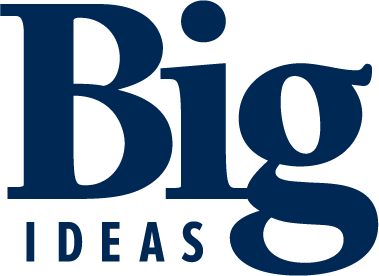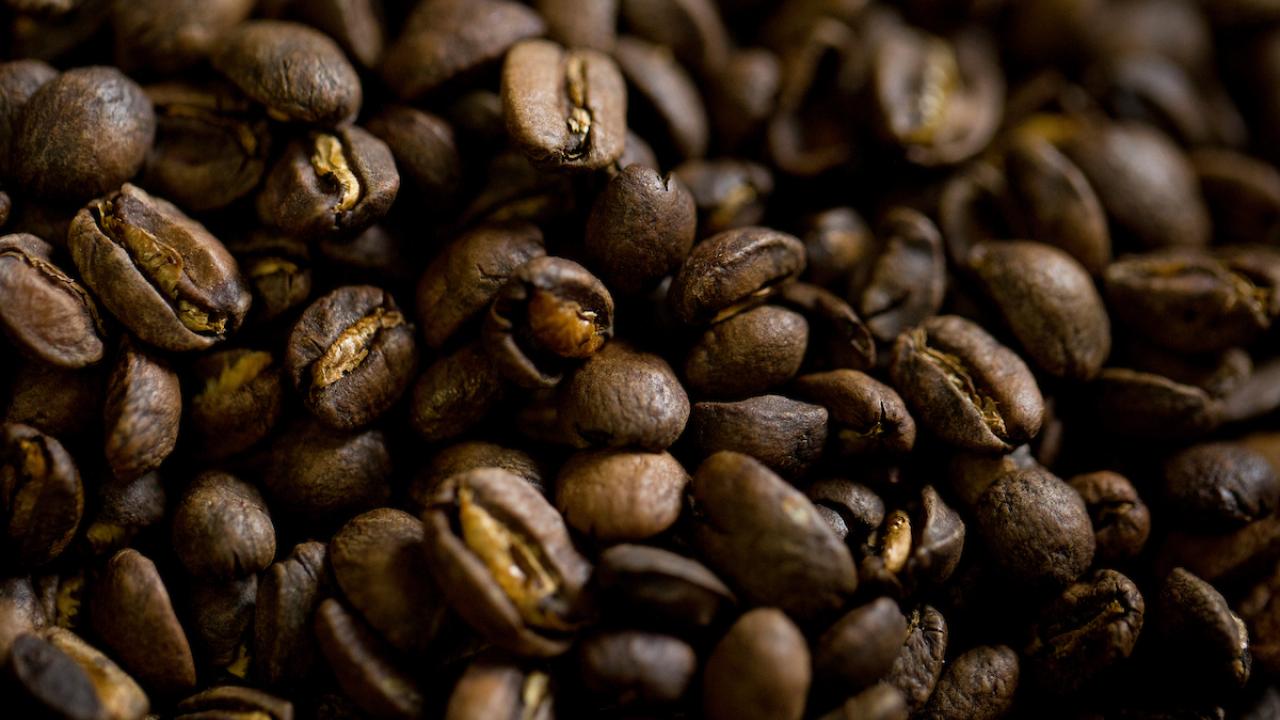
The Right Blend
Just Coffee course brings global perspective to students
By Trevor Stewart
Morning coffee is a part of many daily routines –– but with coffee shops on every corner in metropolitan areas, we tend to take coffee for granted. However, UC Davis students enrolled in the online Just Coffee course are getting a new, globally-conscious perspective on the caffeinated beverage.
The course was the inspiration of Patrick Brown, Professor of Plant Sciences, who imagined the course as an opportunity for students to gain an understanding of the interconnectedness of the global food system through coffee. ‘Just Coffee’ exposes students to diverse topics from botany to climate change, ecology to economics that are often well beyond their own major and comfort zone, with the goal of building the skills needed to integrate knowledge and communicate effectively in an increasingly global and interconnected world.
Kate Polakiewicz, M.Sc. International Agricultural Development ’17, co-created the course with Professor Brown after conducting research abroad in Honduras, Guatemala and Mexico on, learning about coffee agriculture—specifically interactions between soil fertility and the coffee leaf rust disease, which in recent years has had devastating effects for coffee production in Central America. Since Kate moved on to a job with Catholic Relief Services in Uganda, International Agricultural Development graduate students Evelyn Smith, Katie von der Lieth and Lisa Artuso have worked closely with Professor Brown to further improve the course and design the online discussion platform.
“Just Coffee teaches students to think critically beyond their majors and apply a systems-thinking approach to a multibillion-dollar agricultural commodity –– produced mostly by impoverished smallholder farmers in developing countries,” Polakiewicz said.
This highly interdisciplinary course is a great example of global education in action, according to Joanna Regulska, vice provost and associate chancellor of Global Affairs and the Global Education for All Big Idea champion.
“UC Davis is educating the next generation of global problem-solvers,” Regulska said. “This course helps students understand how interdependent the world is today and builds their skills to pursue collaborative, equitable, and sustainable solutions.”
Funding for the course was provided by a $100,000 grant from Innovative Learning Technology Initiative (ILTI) and course structure and design was undertaken in close collaboration with the Center for Educational Effectiveness. The course began instruction in classroom format in the Spring 2018 quarter and is now entirely online with offerings in all quarters of 2019.
“I feel students often don’t think broadly enough about how their career aspirations have a global effect,” Brown said. “In today’s world, students really need to be able to integrate science, sociology, politics and economics in a single, interesting topic.”
Brown said the online format of the course is a success and feels the engagement is on par with a formal classroom setting, including lectures from industry professionals from throughout the coffee value chain followed by live discussion rooms run through Zoom, a video conferencing platform. The course has been very well received with all ‘virtual’ seats filled in every course offering since Spring of 2018.
Seeing the world through a different “filter”
Just Coffee attracts students from various fields and backgrounds. There are a handful of plant biology students in the course, along with students studying social sciences, political science, community development, humanities, engineering and even biotechnology.
“We’re connecting students to other people's perspectives, worldviews and situations that are very distant from their own experiences,” said Smith. “On any given discussion day, a student could be the expert on a certain topic, and lead the discussion with their peers.”
For their final class project, the students select one of six coffee-producing countries –– Mexico, Brazil, Vietnam, Papua New Guinea, Kenya or Ethiopia –– and write a research paper on that country’s coffee production. With a forward-thinking mindset, the students analyze current threats to production—from climate change, to historically low coffee prices, to labor shortages—and explore solutions to the unique constraints affecting the coffee sector in those countries.
“The course is definitely an easy way for students to think globally,” Artuso said. “Just Coffee connects students with something they do maybe every day, and now they can understand the global implications behind every cup of coffee.”
In addition to broadening their perspectives and thinking more globally, Polakiewicz hopes this course will help excite the next cohort of coffee researchers.
“I hope that Just Coffee students are inspired to apply their knowledge to help lead UC Davis across the agricultural, sociopolitical, genetic, and sensory-focused coffee research so critically needed to better the state of the industry.”
Meet the students of Just Coffee
Taylor Valerga ’19: Food Science
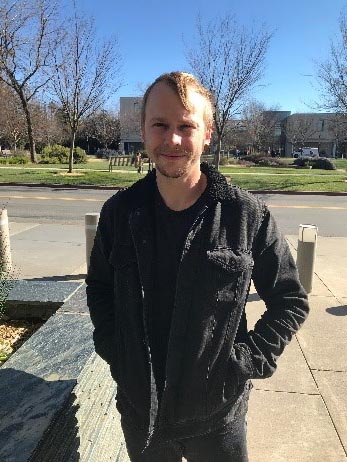 Q: Why did you want to take the course?
Q: Why did you want to take the course?
“I really wanted to take the class because, before I came back to school, I spent about 10 years working in the coffee industry in San Francisco. I actually have my own roasting company now.”
Q: How is this class different from other online courses you’ve taken?
“The online Zoom video meetings are a really helpful aspect that other online classes haven’t utilized. This course is much more interactive and engaging than the average online course.”
Q: What have you learned from the course?
“We absolutely take coffee for granted here in America. If you ask someone what they’d be willing to pay for a cup of coffee, some would say less than $4. Many say anything over $5 is way too much, but in reality, that’s a fraction of what we should be paying. If everybody who touched the coffee bean –– throughout the process from the farm to the roaster –– got paid what they deserve, we should pay $15 for a cup of coffee every day.”
Carolina Vaquerano ’19 Plant Sciences
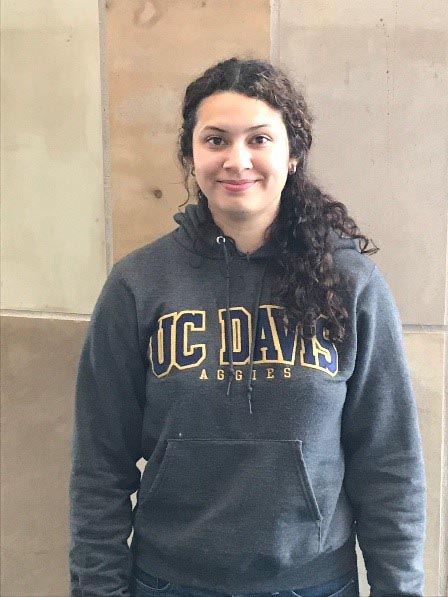 Q: Why did you want to take the course?
Q: Why did you want to take the course?
“I plan to become a plant breeder, and just thinking about the effects of climate change has made me want to research coffee. I want to learn how to make better cultivars or breed better plants, so that they're more resilient in the face of climate change.”
Q: How did this course further your future career aspirations?
“It showed me that more coffee research is needed. There are there are a limited number of Arabica varieties, which is one of the reasons why farmers are producing less coffee globally. Coffee has a low genetic diversity, leaving the plant more vulnerable to drought or disease and can result in a significant amount of the annual crop being wiped out.”
Dillan Christensen ’19 Aerospace Engineering
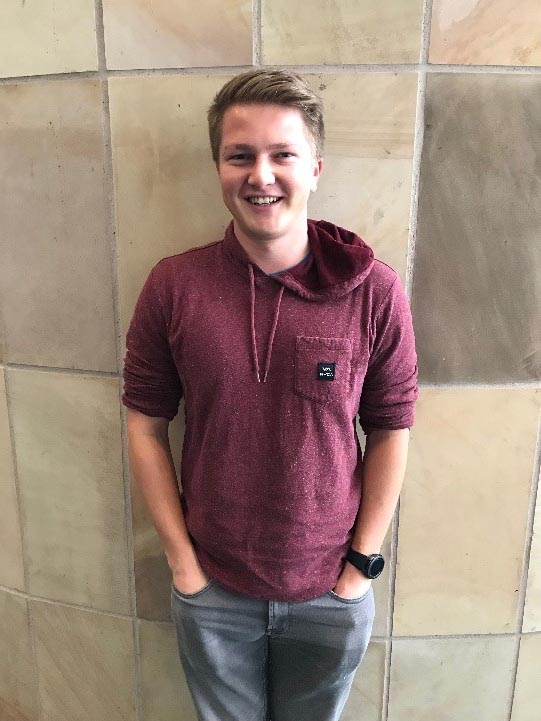 Q: Why did you want to take the course?
Q: Why did you want to take the course?
“Truthfully, I stumbled upon the class just searching for something that could fit into my schedule. I love the online format, which provides me a lot of flexibility as I prepare to graduate. I grew up loving the smell of coffee, but not necessarily the taste. But as I have learned about different types of coffee and brewing techniques, I now start my day every morning with a cup of coffee.”
Q: What have you learned from the course?
“I’ve learned how coffee is a venue for social gathering and meeting new people. It's interesting to see how that's evolved over time. We all go and study in coffee shops or use it as a place get to know someone, which is similar to the origins surrounding coffee. Learning how coffee exists in each country in the modern era, there's always a communal aspect to it in some way, regardless of where you go in the world.”
